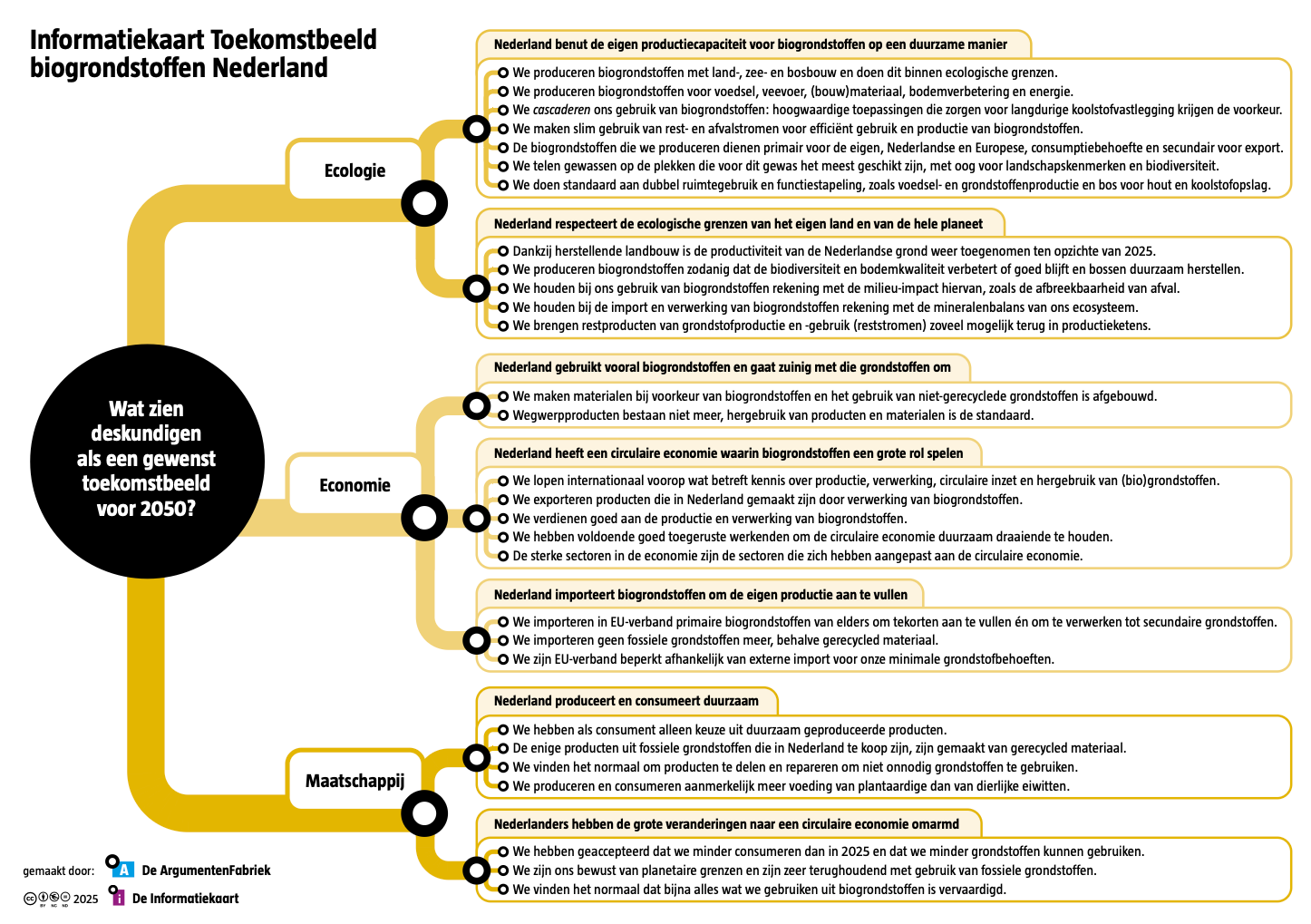Maritime sector as the new climate champion

On August 31st, Platform Hernieuwbare Brandstoffen will be hosting a workshop exploring the role of shipping as a new leader in the wider transition to renewable energy. This high-level event will provide a comprehensive perspective on how industries can scale up the usage of renewable fuels in the maritime sector.
Policy instruments are not sufficiently working to build up the required volumes of renewable energy alternatives in the coming years. Individually, key players in the value chain are not large enough to influence structural supply-side changes, which prevents them from meeting obligations. We require a wider cross-sectoral collaborative approach, to generate the necessary momentum in the value chain. There are multiple factors which gear up the shipping sector to take the lead in the transition to renewable energy.
The maritime industry is still mainly dependent on fossil fuels and will remain dependent on liquid hydrocarbons for the foreseeable future. Abatement options used in other sectors, such as, electrification or hydrogen will be considered for new ships. For the existing fleet, renewable fuels will play a crucial role as option to reducing greenhouse gas emissions in shipping.
The flexibility of ship engines makes them suitable for processing fuels of various qualities. This provides the opportunity to develop a cost-effective renewable fuel base for the shipping sector. Furthermore, the size of these vessels enables the possible transition towards renewables through large scale infrastructural developments. The transition is gaining momentum with new legislative developments and regulations (ETS inclusion, RED, FuelEU Maritime, IMO). Large frontrunners in the industry have now switched to renewable fuel options, which sets the stage for the rest of the shipping sector.
The quest for a cost competitive non-fossil carbon continues. With proposed policy measures in place to bridge the price gap between renewable and fossil fuel options. Alongside other market developments, such as the development of ‘green lanes’. Fossil products are easily tradable due to the existence of clearly defined specifications. However, renewable fuels lack standardisation, which limits the possibility of cross-sectoral collaborations. Important work can be done here.
Given these market challenges, our upcoming workshop will explore how the maritime sector can play a pivotal role in tackling the potential barriers in the switch towards renewable fuel options, on a larger scale. We will gain a better understanding of what factors determine the price gap between fossil and renewable fuels and what developments can help to bridge this gap. Developing a systems-thinking approach, we will discuss how new maritime renewable fuel options can be coupled with value chains that are also required in other sectors such as: aviation, road transport, chemicals, and materials.
Click here for more information on the workshop.
Recente artikelen
HAN University of Applied Sciences receives funding for FAME Changer reserarch project
Informatiekaart: Toekomstbeeld biogrondstoffen Nederland | 2025

SEANERGETIC: Zero-Emission Shipping Report - Accelerating Maritime Decarbonization

